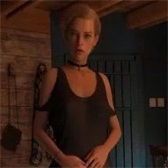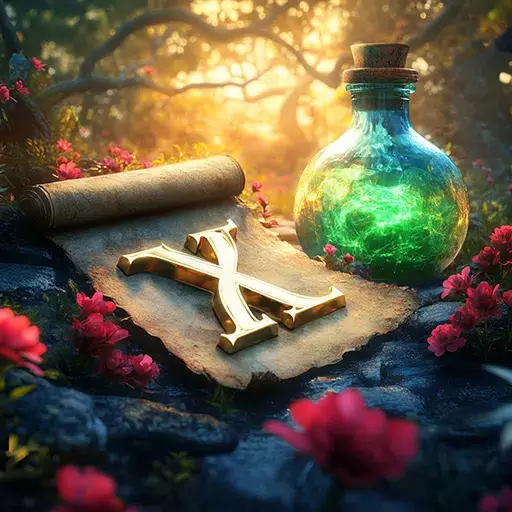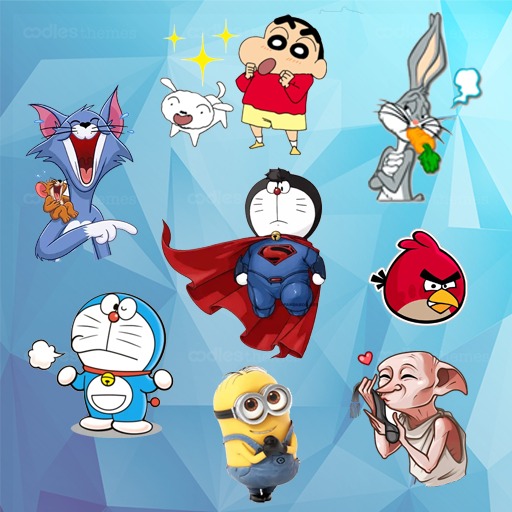Twenty years after the release of the original Ōkami, the beloved deity Amaterasu, the source of all goodness and our universal mother, is set to return in a highly anticipated sequel. Announced at The Game Awards last year, the sequel is being developed under the direction of Hideki Kamiya, who has recently founded his own studio, Clovers, after parting ways with Platinum Games. With the blessing of IP owner Capcom, who will serve as the publisher, and in collaboration with Machine Head Works—a studio composed of Capcom veterans that assisted with the Ōkami HD remake—the project promises to be a collaborative masterpiece. The team's dedication to the original vision of Ōkami, combined with fresh talent, suggests an exciting evolution of the beloved series.
Despite the emotional teaser trailer and the impressive lineup of developers, details about the sequel remain scarce. Is it a direct continuation, or will it introduce new elements? Who initiated this project, and how did it come to fruition after such a long hiatus? Was the wolf in the trailer truly Amaterasu, or a new character?
IGN had the opportunity to sit down with director Hideki Kamiya, Capcom producer Yoshiaki Hirabayashi, and Machine Head Works producer Kiyohiko Sakata at their Osaka office to delve into these questions and more. The sequel is still in its very early stages, but the team was eager to share insights into their vision and process.
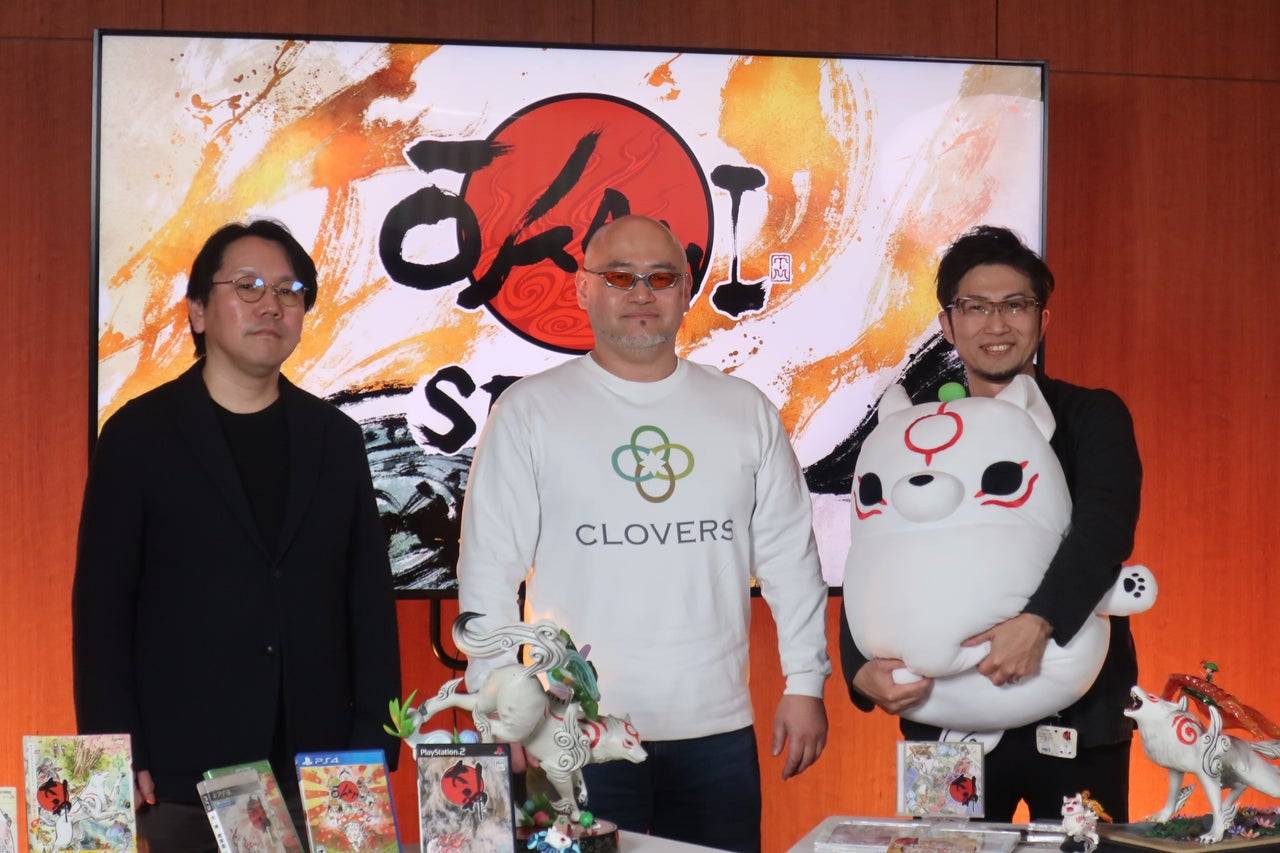
Q&A with the Ōkami Sequel Team
IGN: Kamiya-san, you've talked before about why you left PlatinumGames. You said you were feeling it was going in a different direction from your beliefs as a developer. And you said you wanted to make games that only Hideki Kamiya could make. What beliefs about developing games are important to you and how do you expect them to shape Clovers'?
Hideki Kamiya: In September 2023, after 16 years with Platinum, I announced my departure. The main reason was a divergence in creative direction. I believe the personality of game creators significantly impacts the user experience, and I wanted to pursue my vision more freely. After leaving Platinum, I founded Clovers, aiming to create an environment where I could realize my creative goals.
What defines a Hideki Kamiya game? If I didn't know you had developed something, how would I look at that game and say, "Ah yes, Hideki Kamiya made this?"
Kamiya: My games don't necessarily need to be labeled as "Kamiya games." My focus is on crafting unique experiences that players haven't encountered before. I strive to offer a distinctive way of enjoying the game, which is a key part of my development process.
What is the connection between Clovers and Clover Studio, if any? Does the clover, the plant, have a special meaning to you?
Kamiya: Clovers continues the legacy of Clover Studio, where I once worked. The name Clover signifies the fourth division of development at Capcom, symbolized by the four-leaf clover. Additionally, 'Clover' can be read as 'C-lover,' emphasizing our love for creativity, which is central to our studio's ethos.
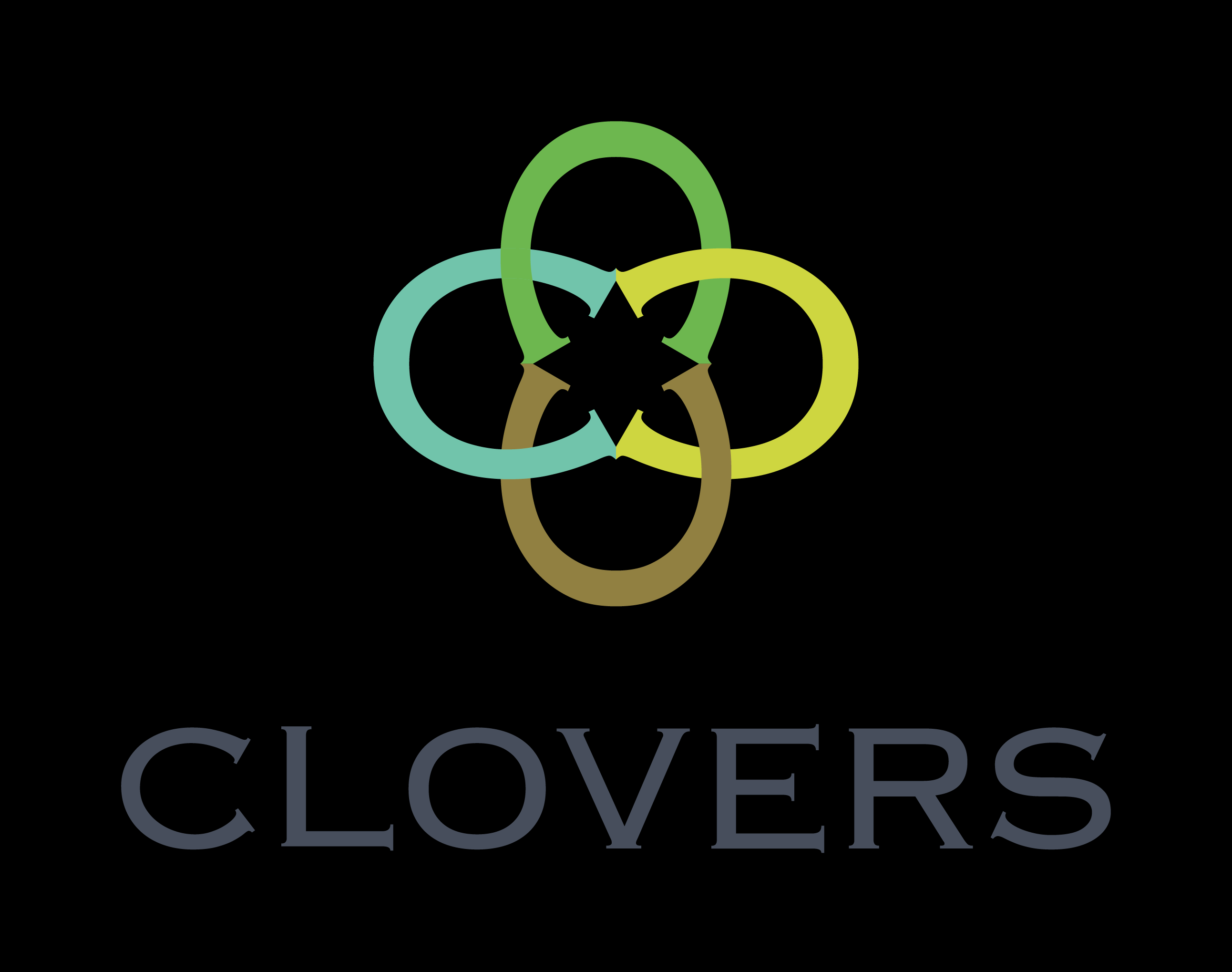
Obviously Capcom is very heavily involved in this. But it sounds like you were thinking about a close relationship with Capcom, maybe even before Ōkami came into the picture when you were first starting Clovers. Is the idea behind the studio Clovers that you will keep that very close relationship with Capcom?
Yoshiaki Hirabayashi: From Capcom's perspective, we've always wanted to create an Ōkami sequel because of our deep affection for the IP. When we learned of Kamiya's departure from Platinum, we saw an opportunity to collaborate on this project.
Tell me the story of how this came about. Why Ōkami? Why now? How did this pitch happen? Who convinced who?
Hirabayashi: We were always looking for the right moment to revive Ōkami. The stars aligned when Kamiya left Platinum, and we began discussions.
Kamiya: I've always wanted to complete the story of Ōkami. Even while at Platinum, I discussed this with friends like Takeuchi over drinks. Now, as a creator, I can finally make it happen.
Kiyohiko Sakata: Ōkami was crucial for Clover Studio. This project feels like the perfect timing to move forward, not just from a business perspective but because of the alignment of key people and circumstances.
I think that maybe a lot of our readers aren't as familiar with Machine Head Works. So would you be willing to introduce it a little bit and tell people about what it is, and what you do, and how you're involved?
Sakata: Machine Head Works is a relatively new company, originating from Capcom Division Four, the same roots as Kamiya's early career. We serve as a bridge between Clovers and Capcom, leveraging our experience with Capcom titles and the RE Engine, which we're using for this project. We also have team members who worked on the original Ōkami, bringing their expertise to the sequel.
Hirabayashi: Machine Head Works helped with the PS4 port of Ōkami and other recent titles like Resident Evil 3 and 4, using the RE Engine.
Why RE Engine? Are there things that you can do with that that will be specifically helpful to the kinds of things you want to do with the Ōkami sequel?
Hirabayashi: Yes, but we can't go into detail yet. We believe the RE Engine is essential to realizing Kamiya's artistic vision for this project.
Kamiya: The RE Engine is known for its expressive capabilities, which is what we're aiming for in this sequel.
I want to go back to something you said earlier. You said that Capcom has wanted to do an Ōkami sequel for a very long time. I think some people might actually find that surprising because it seems that people generally understand that at the time that Ōkami came out it was seen as maybe not doing as well commercially as you might've wanted it to. And so, I'm curious why Ōkami has always been so special and has been something that Capcom has been thinking about for this long?
Hirabayashi: Ōkami has a dedicated fanbase within Capcom's community. Despite its initial commercial performance, it has maintained steady sales over time, which indicates its lasting appeal.
Kamiya: Initially, we thought Ōkami might not reach a wide audience. But over the years, we've seen continued interest and love for the game, which was reaffirmed by the enthusiastic response to the sequel's announcement at The Game Awards.
You've really assembled what seems to be quite the dream team here of people who just have the perfect set of skills and familiarity to work on this game, specifically. Are there plans to get any of the other former Clover people involved? I read recently, Kamiya-san, there was a former Platinum directors' drinking party of some sort? I don't know, were you planning on getting people like [Shinji] Mikami, or [Abebe] Tinari, or [Takahisa] Taura, or any of those people involved in this?
Kamiya: Several original Ōkami team members are involved through Machine Head Works. We believe our current team is even more capable than the original, thanks to the addition of skilled individuals who share our vision.
Kamiya-san, you said something about that in that interview you did with Ikumi Nakamura about wishing you had had a stronger team the first time around. It sounds like you've addressed that.
Kamiya: Yes, I've always been open to improving our team. With the current lineup, I believe we have a better chance of success.
Hirabayashi: There are three different routes you can choose to enter this project this time. Feel free to pick one of the three routes.
Did any of you replay the first Ōkami sometime recently around the announcement?
Hirabayashi: I haven't had time to play it recently, but I've reviewed the DVD that came with the artbooks.
Kamiya: I didn't know about that DVD.
Sakata: My daughter played the Switch version recently. She was guided well by the game, which is a testament to its design.
Well, you two have sort of already answered my next question, but if you want to add anything, please do. I was going to ask you all, looking back on the original, what are you most proud of? What do you think stands out as something that the first Ōkami did really well that you want to do really well again in a sequel?
Kamiya: My hometown in Nagano Prefecture inspired the original game. The sequel is driven by the same spirit, focusing on the beauty of nature and the narrative's depth, which resonates with people of all ages.
I have a bit of a silly question. Can I show you a picture? Do any of you know the story behind this?
[They all declined to comment]
Since you made the first Ōkami, what do you feel has changed about game development and technology that is going to influence how you approach the sequel?
Sakata: The original Ōkami was on the PS2, and achieving its hand-drawn style was challenging. With today's technology and the RE Engine, we can now realize the artistic vision we had back then, and even surpass it.
Okami 2 Game Awards Teaser Screenshots
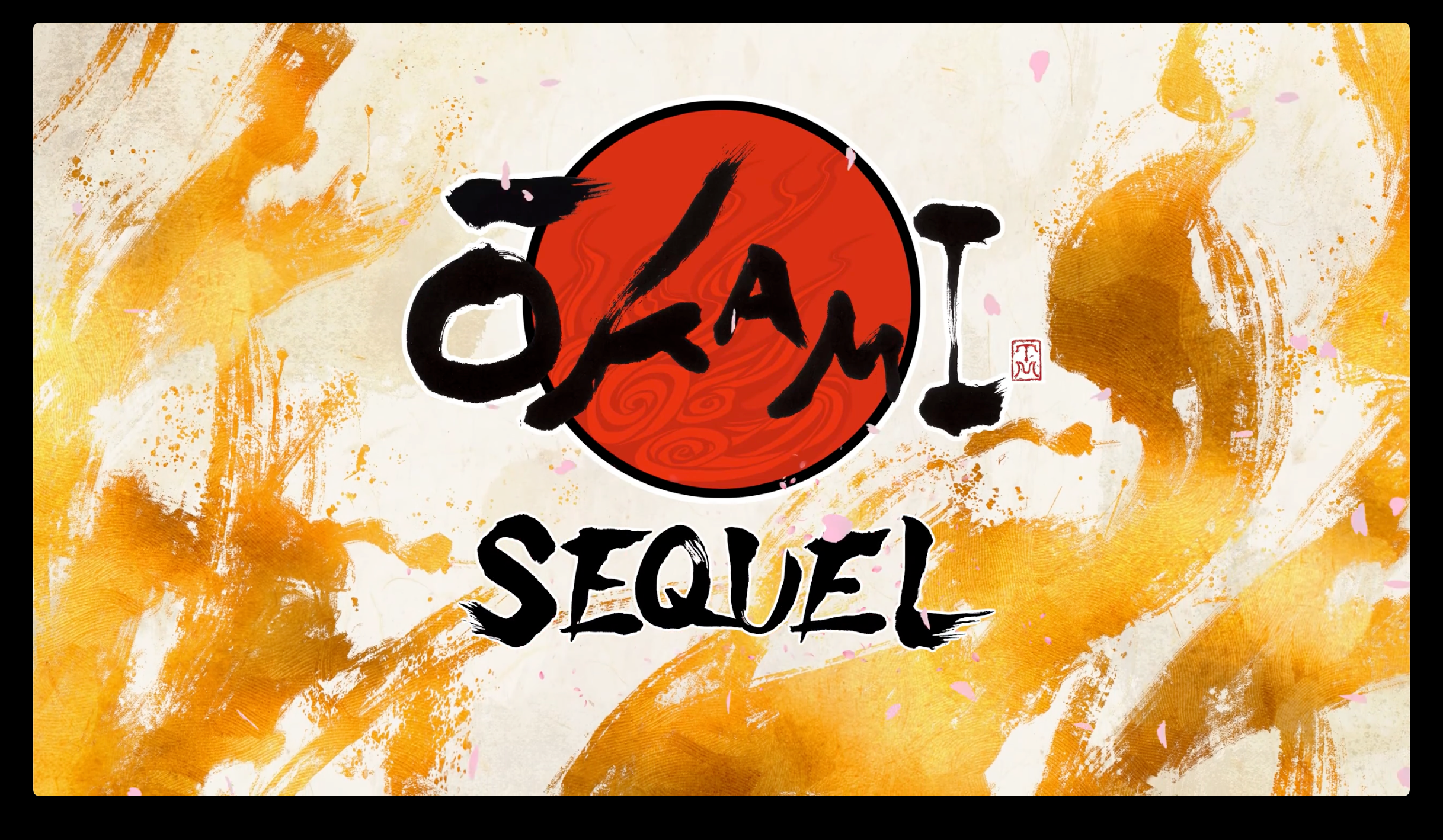
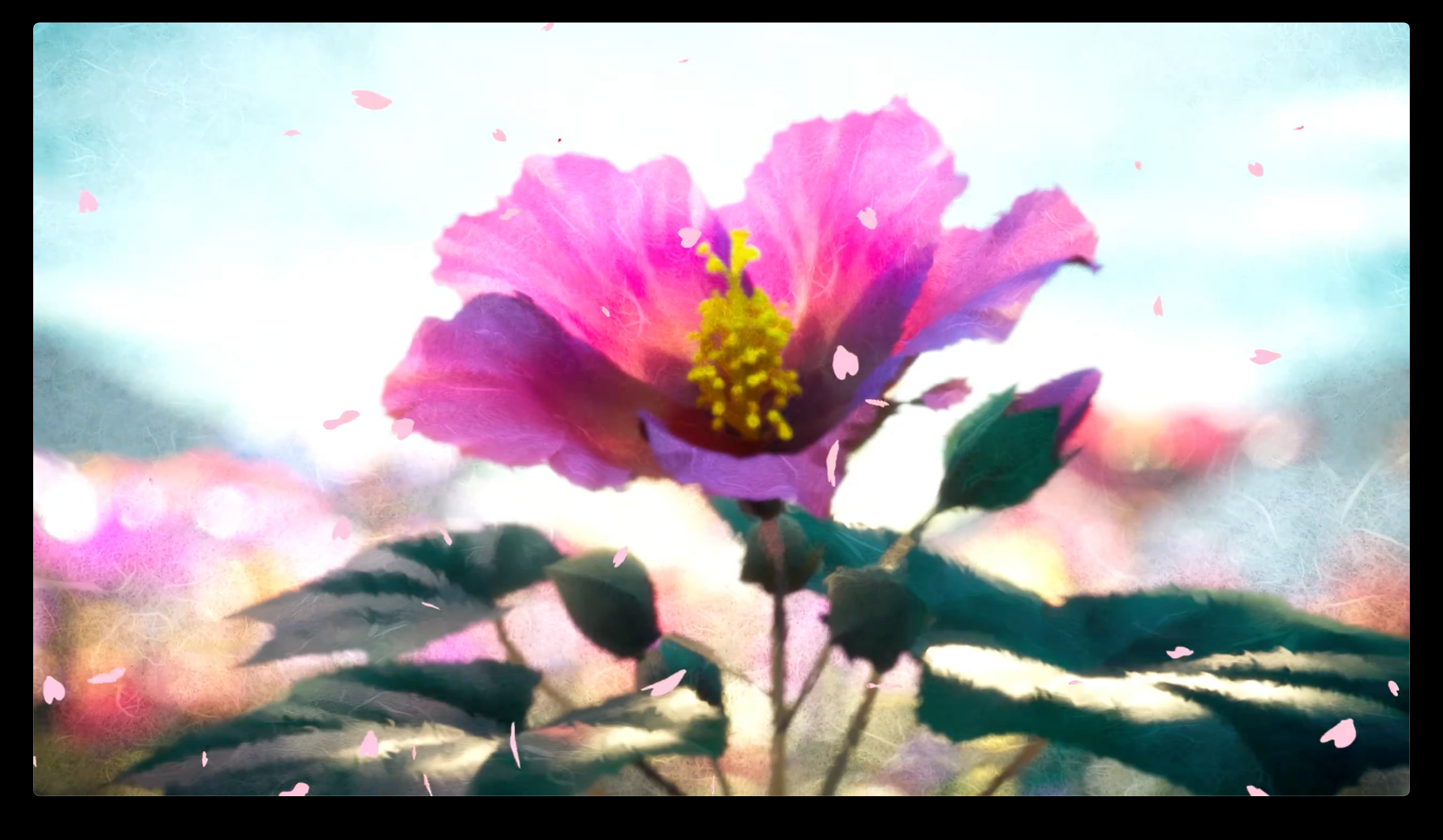 9 Images
9 Images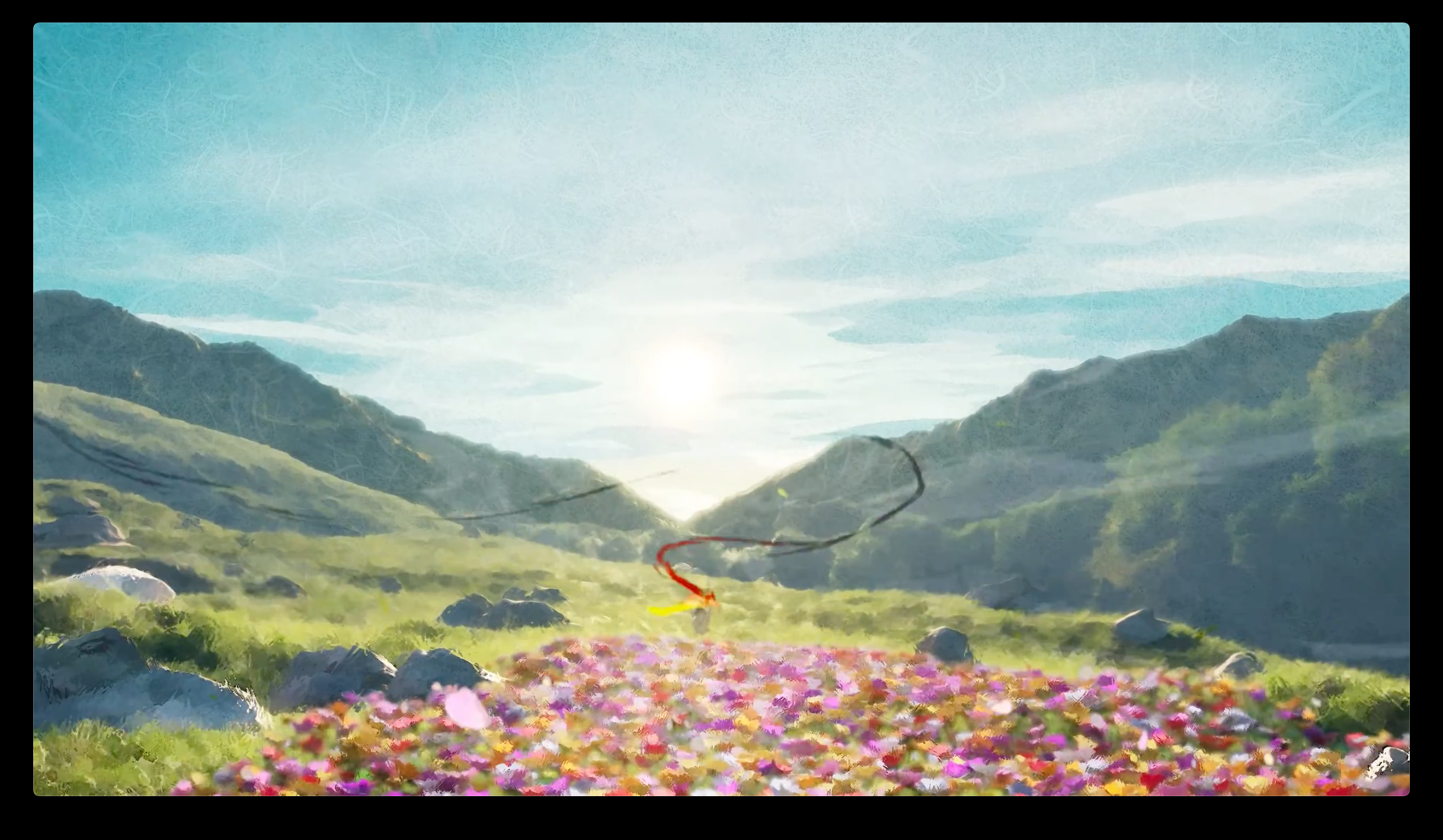
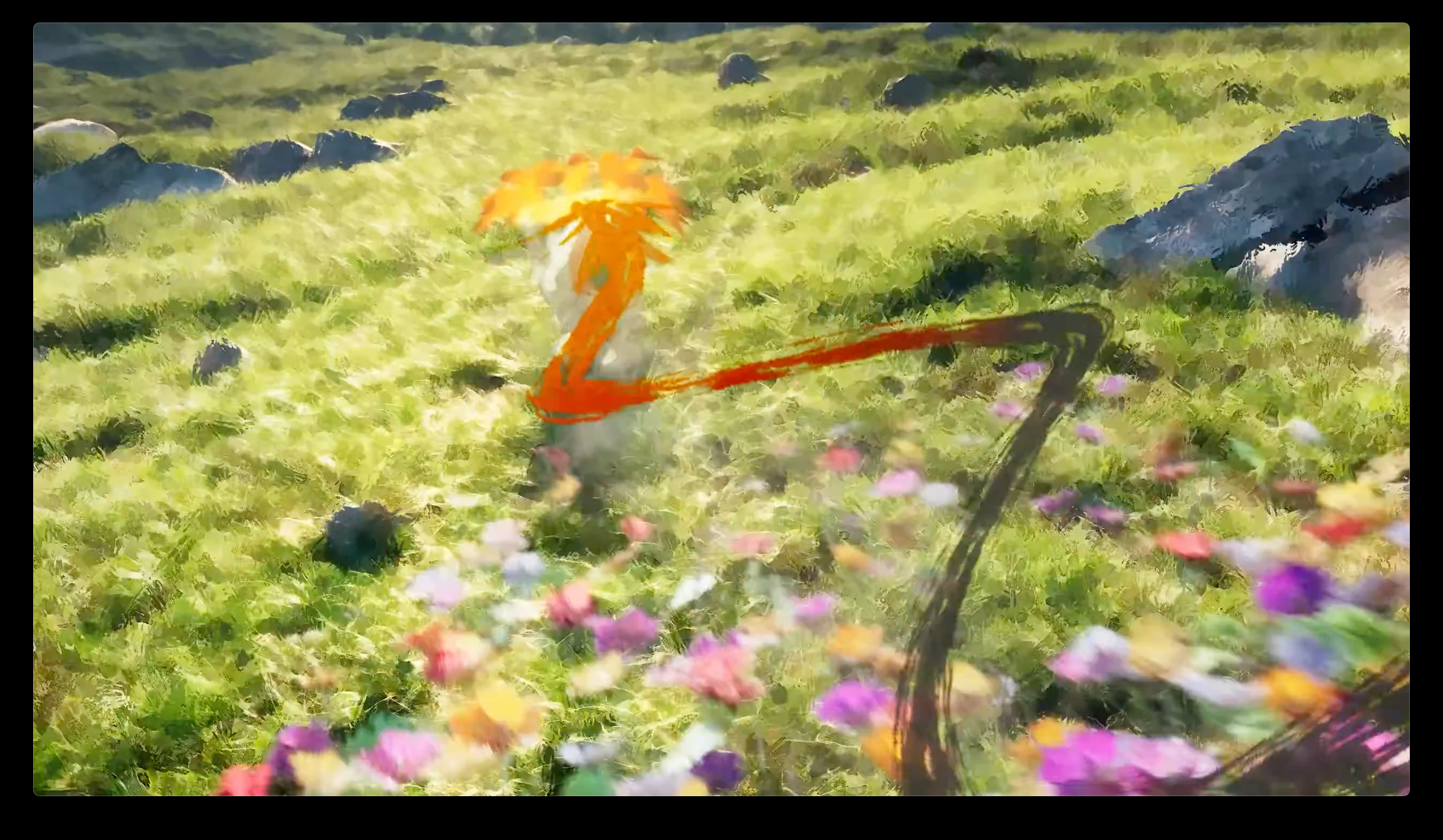
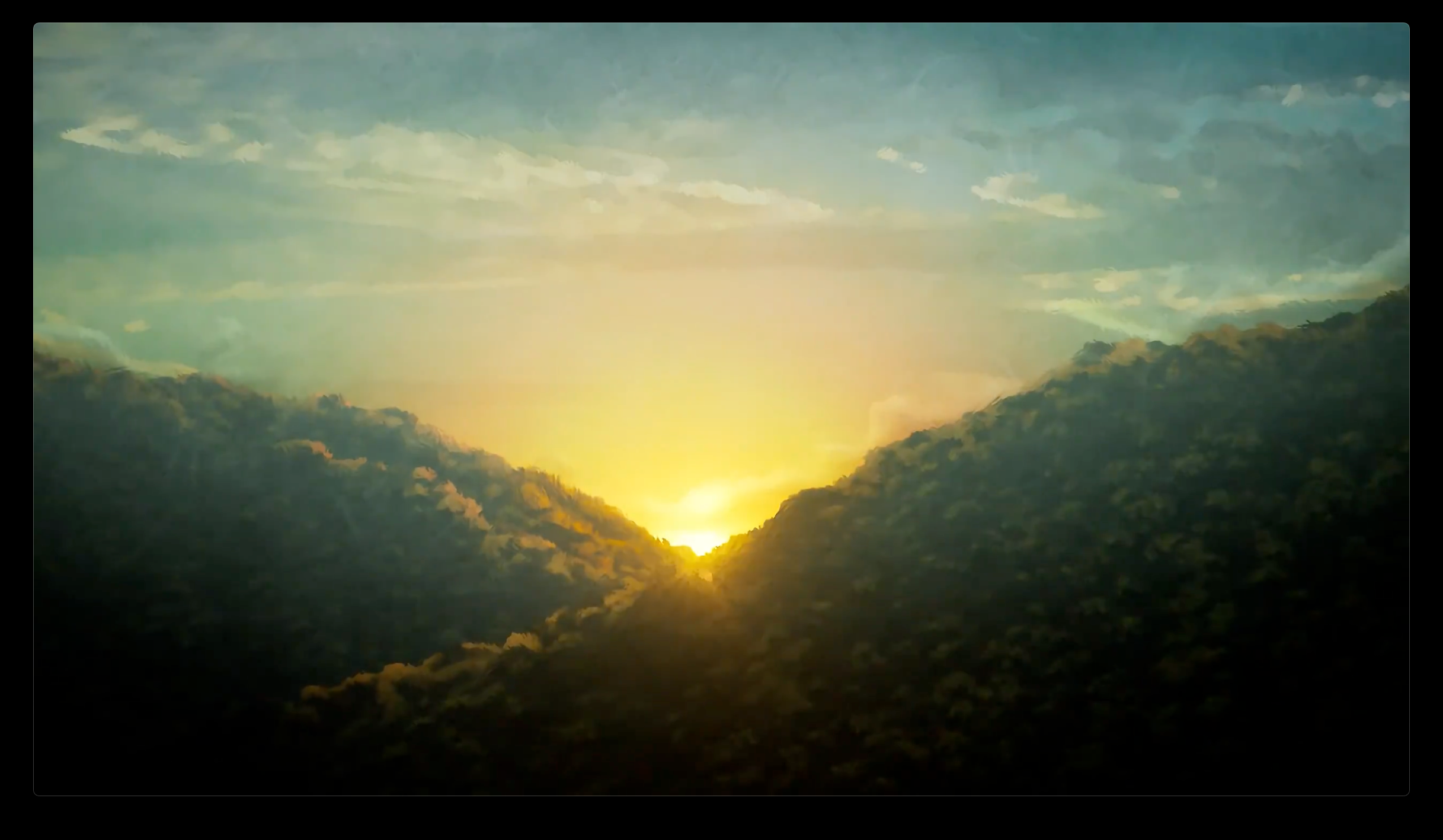
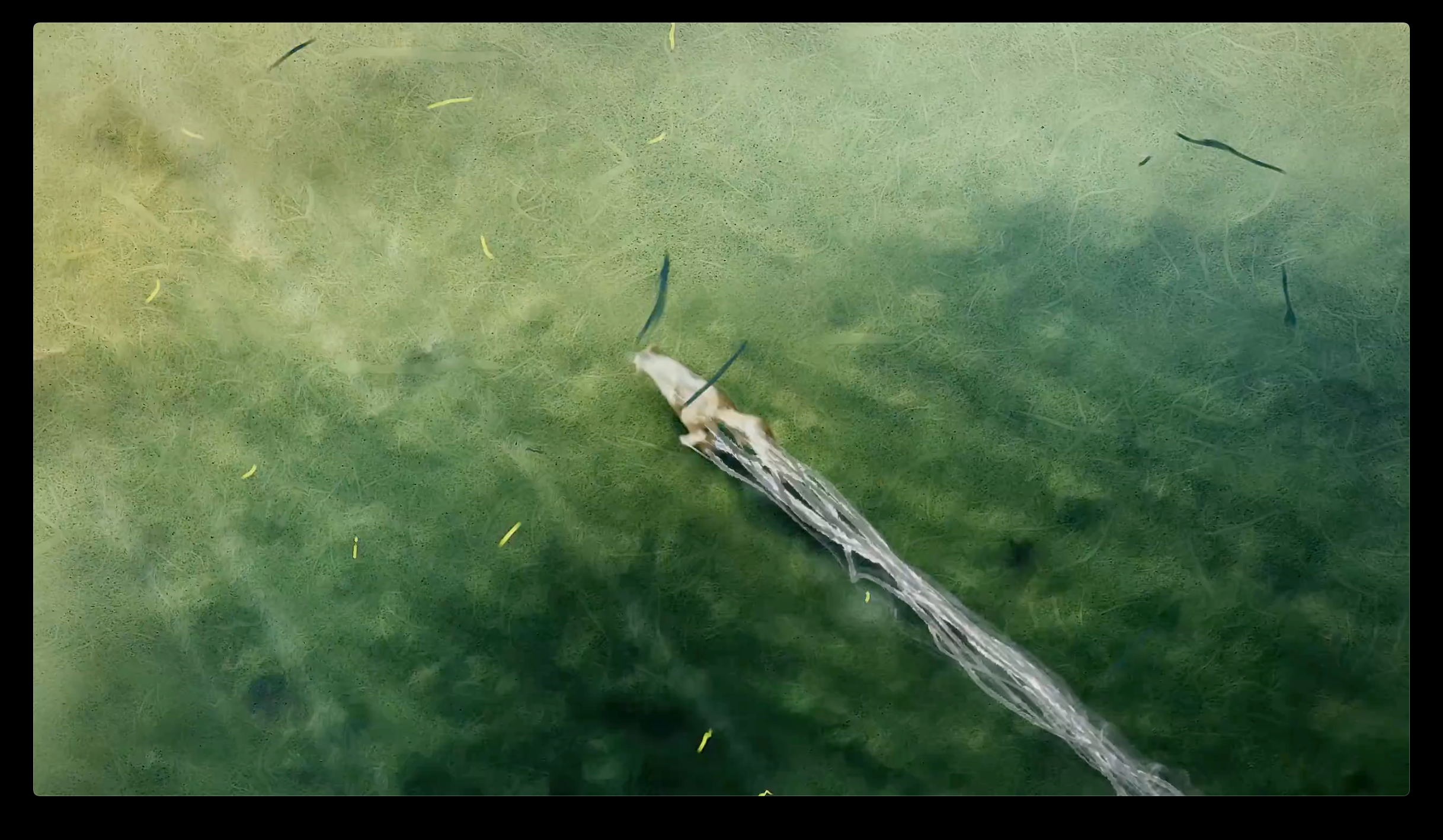
Well, speaking of new technologies, do any of you have any opinions on the Nintendo Switch 2?
Hirabayashi: We can't comment on the Nintendo Switch 2 from Capcom's side.
Kamiya: Personally, I'd love to see the Virtual Console rebooted.
I know you're not really saying much about the actual content of the sequel at this time, but I figure I'll try. Can you say anything about any big themes or ideas or stories that you feel you didn't get to tell enough in the first Ōkami that you want to explore in this sequel?
Kamiya: I have a clear vision for the sequel's theme and story, which I've been developing for years. It's a continuation of the original narrative.
Hirabayashi: The sequel will continue the story from the original game.
Kamiya: We're not creating a game that's a direct copy of fan requests, but we aim to deliver the fun and excitement that fans expect from an Ōkami sequel.
You said that this is a follow-up to the story told in Ōkami. That is Amaterasu in the trailer we saw at the Game Awards, right? Can you confirm that?
Kamiya: I wonder.
Hirabayashi: Yes, it is Amaterasu.
What are your feelings about Ōkamiden? Are we going to acknowledge Ōkamiden in this?
Hirabayashi: We acknowledge the fans of Ōkamiden, but the sequel is a direct continuation of the original Ōkami story.
It can be difficult going back to an older game where the controls to a modern audience may feel out of date, but then again you have fans from the original who might prefer that kind of control method. What is the general outlook on what the control system for this game might look like and what kind of play feel you want to deliver?
Kamiya: We're still early in development, but we'll consider modern gaming standards while respecting the original game's control schemes.
Am I correct in assuming that this sequel is very, very early in development?
Hirabayashi: Yes, we just started this year.
What led you to announce it so very early at the Game Awards last year?
Hirabayashi: We were excited to share the news and wanted to assure fans that the game is in development.
Kamiya: Announcing it made it real, not just a dream. It's a promise to fans that we're committed to making this game.
Do you worry that when this inevitably takes some time to make, you're going to have fans banging down your door, wondering where this game is?
Hirabayashi: We understand the fans' eagerness, but we're committed to delivering a high-quality game without rushing the process.
Sakata: We'll do our best to meet expectations.
Kamiya: We'll work hard to ensure the game meets our standards and the fans' expectations.
There's a video you can view when you finish Ōkami that is, I think, a prototype of the game that you all worked on, that's Amaterasu running, and trees springing up behind her. Was that at all the inspiration for the Ōkami sequel teaser? Was there any connection?
Sakata: It wasn't a direct inspiration, but it reflects our commitment to the original game's vision.
Hirabayashi: The background music in the trailer was inspired by the original game, and fans caught onto that.
Kamiya: The song was composed by Rei Kondoh, who also worked on the original, maintaining the spirit of Ōkami.
I would love to hear an answer from each of you, but I want to know what is inspiring you right now or what you're really enjoying. What other video games are you playing, what books are you reading, movies, music, what things do you just generally enjoy right now?
Kamiya: I'm inspired by the Takarazuka stage shows, particularly the Hana group. Their unique stage settings and performances without CG or scene cuts inspire my game design.
Sakata: I enjoy smaller stage performances like Gekidan Shiki. The live feeling and the actors' ability to convey scenes inspire us to create games that allow players to choose their own experience.
Hirabayashi: I'm inspired by movies, especially the recent Gundam film, Gundam GQuuuuuuX. The different perspectives and emotions in the movie resonate with my creative process.
What does success for the Ōkami sequel look like to you all?
Hirabayashi: Personally, I want fans to enjoy the game and for it to exceed their expectations.
Kamiya: Success for me is creating a game that I personally enjoy and can be proud of, aligning with the best scenario for fans.
Sakata: Success is when players, both seasoned and new, enjoy the game. For Machine Head Works, it's achieving the director's vision.
I asked about the success of Ōkami, but now I want to ask about the success of your respective studios. Kamiya-san and Sakata-san are building these newer studios that have branched off of Capcom, and so 10 years from now, what would you need to feel that you were doing well, that you had accomplished your mission? Do you imagine you might someday end up back under Capcom? Do you continue this partnership or keep working on more games with them? Or do you eventually develop your own IP? What does that look like?
Sakata: In 10 years, I want Machine Head Works to continue creating games. Our goal isn't specific numbers but sustaining our creative output.
Kamiya: For Clovers, I want to gather more people who share my creative vision. It's not about a specific game but about collaboration and alignment with like-minded individuals.
All three requested the opportunity to close by delivering one final message directly to the fans:
Hirabayashi: We're working hard to realize our dream of creating the Ōkami sequel. Please be patient as we bring this to life.
Sakata: This project is driven by our love for the series. We're working hard to meet everyone's expectations.
Kamiya: This project is a personal dream, but it wouldn't be possible without the fans' support. Thank you for your cheers, and please look forward to what we have in store.


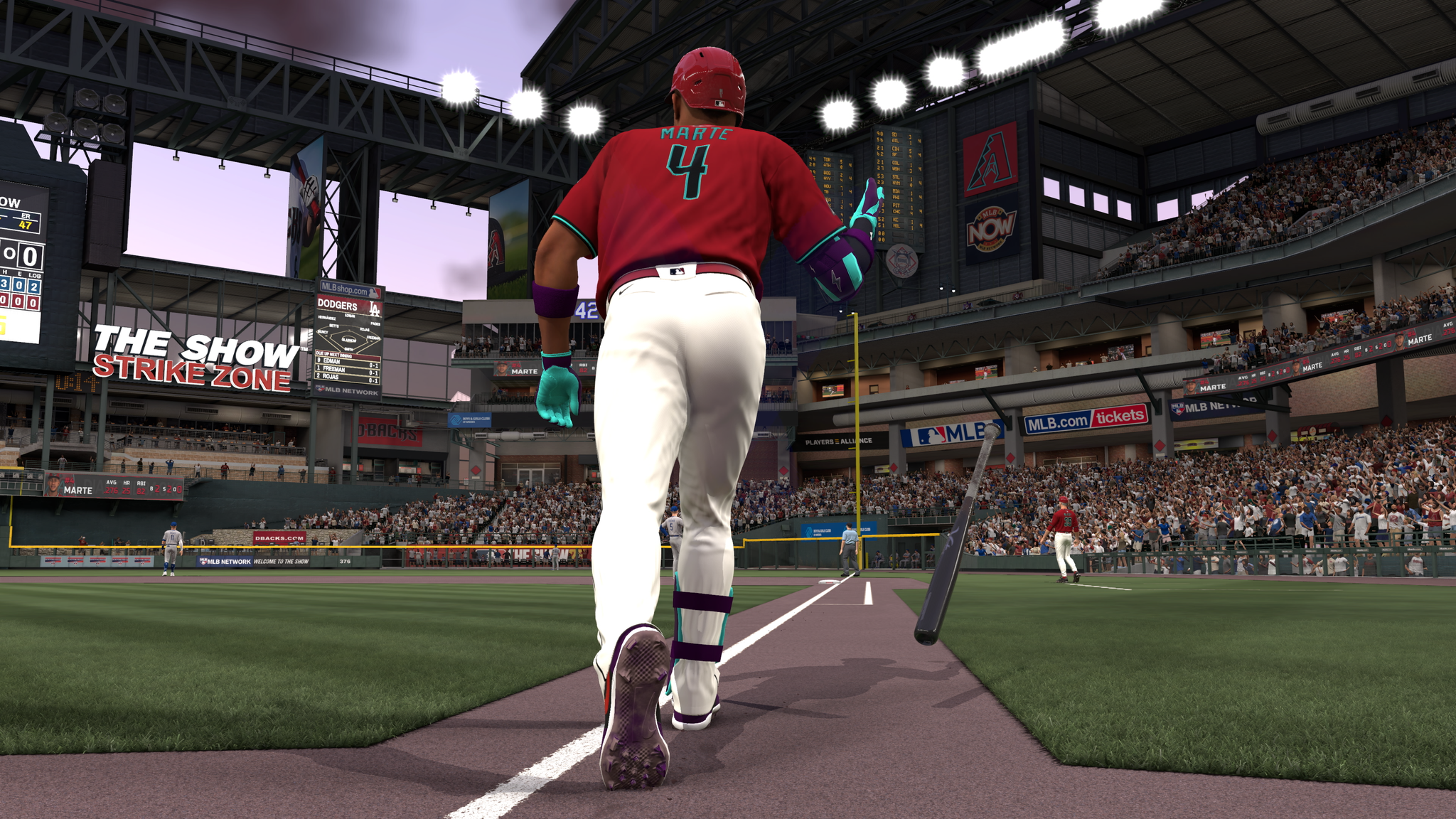
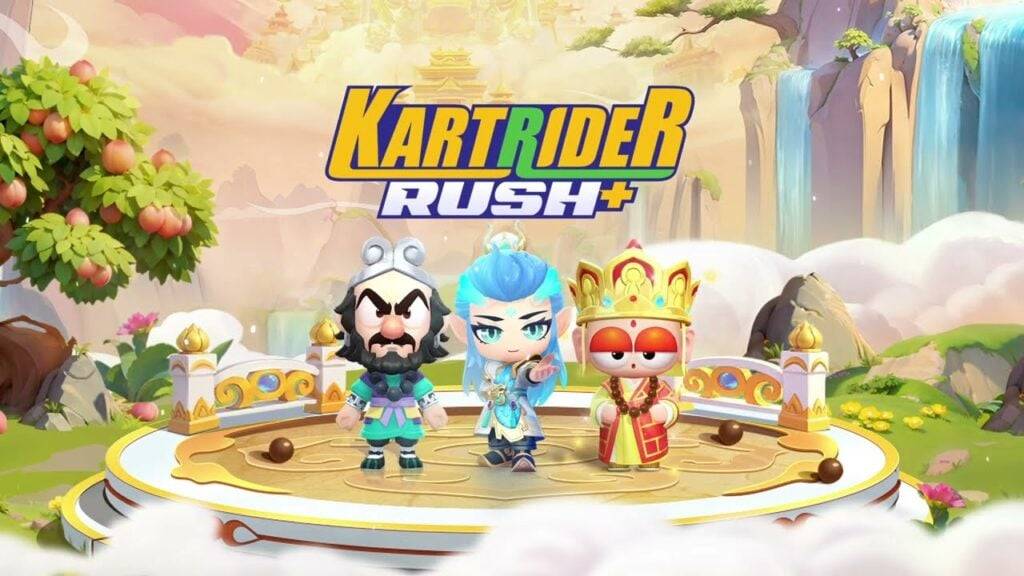
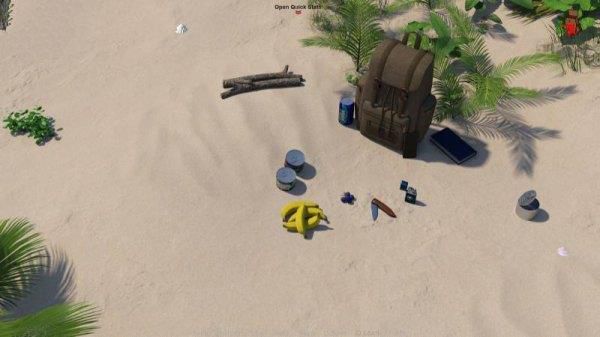

![NULL [Remastered]](https://imgs.39man.com/uploads/71/1719651062667fcaf6c483b.png)
